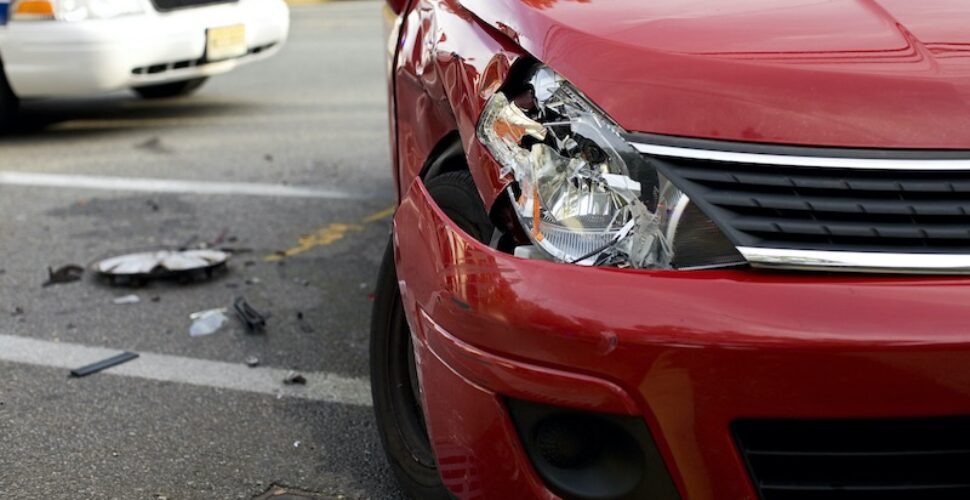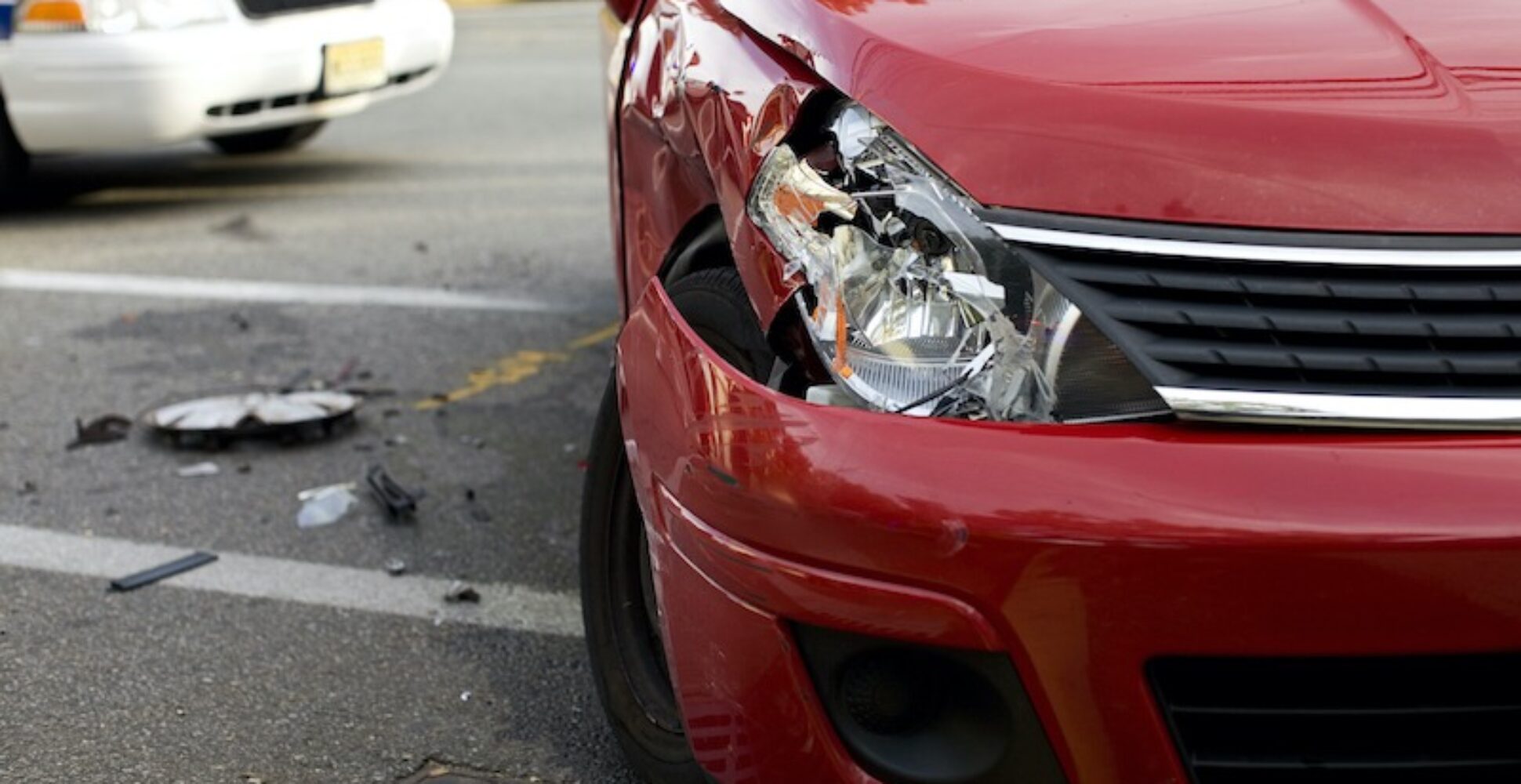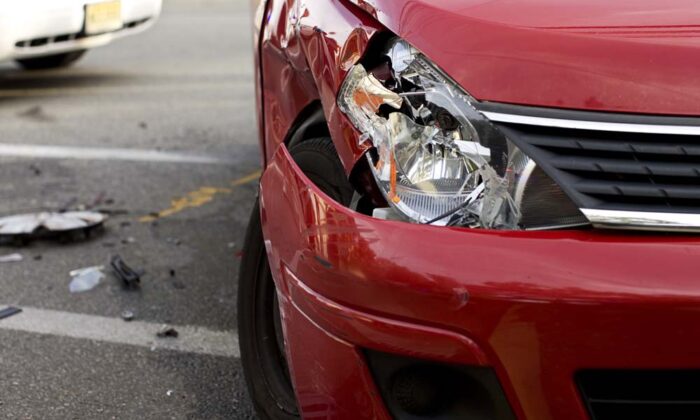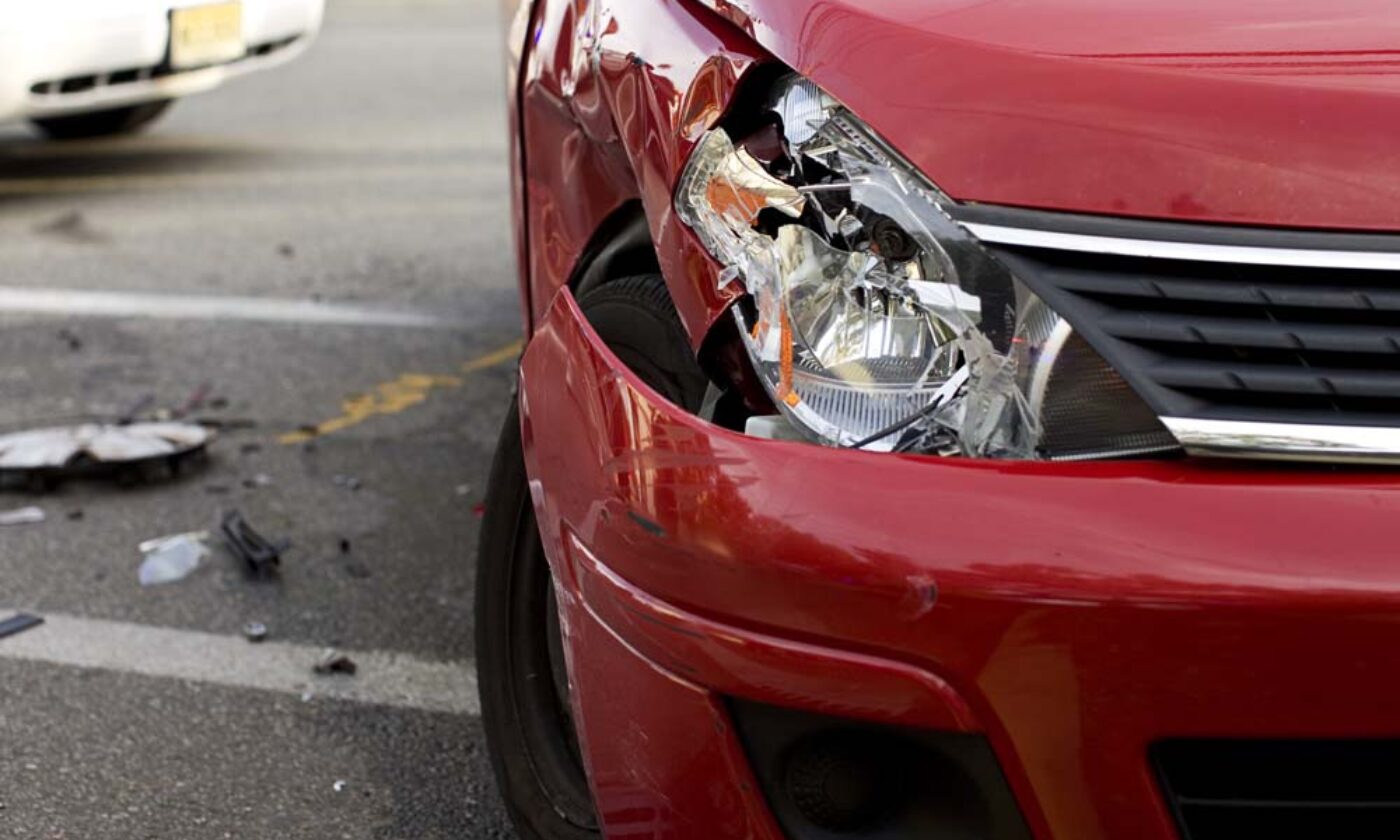Motor Vehicle Accidents
Head injury during a car accident? These are the symptoms you shouldn’t ignore


Head injuries are common in car accidents, but not always obvious. The effects are often masked, with symptoms commonly mild or barely noticeable. But even something as innocuous as a feeling of tiredness after a car accident can be a sign of something much more serious. Head injuries can be life changing if left untreated or unmanaged, so if you’ve been in a car accident it’s important to know what signs and symptoms to keep an eye out for, just in case.
What are the common types of car accident head injuries?
The five most common types of car accident head injuries are grouped below, and it’s important to seek medical treatment if you’re experiencing any of them.
Concussion
The result of striking your head or having your head and neck violently shaken during impact, concussion is a mild brain injury that creates trauma after your brain is suddenly forced against the inside of your skull.
Memory loss due to a car accident is not uncommon as a symptom of concussion. Other symptoms include a loss of consciousness, headaches, confusion, dizziness and slurred speech. Some symptoms occur immediately, while others may only present themselves days after the accident event.
Contusion
On a scale of seriousness, contusions on their own are relatively mild, but need medical assessment to be sure they’re not indicators of more serious physical injury. Contusion is the medical term for a bruise, characterised by a darkening or discolouration of the skin due to broken blood vessels bleeding beneath the skin. With so many hard surfaces in and on a car, contusions can occur in a variety of ways after a car crash. Contusions can take weeks or even months to heal.
Penetration
Penetration head injuries occur when flying debris (such as a piece of glass) or loose items in your vehicle’s cabin pierce the skin and open a wound. Penetration injuries can range in severity from minor cuts to deep wounds and are an extremely common aspect of car accidents due to the fact most people leave potentially dangerous items like pens in unsecured areas of their vehicles.
Diffuse Axonal
Diffuse Axonal Injuries (DAI) describe the tearing of axons (long brain fibres) caused by your brain being shaken inside your skull. Indicating damage and trauma to numerous areas in the brain, DAI frequently results in a coma. DAIs are a common head injury sustained during car accidents and can result in some of the most serious outcomes. Milder symptoms include confusion, nausea, drowsiness, sleeping issues (over-sleeping or being unable to sleep) and headaches.
Coup-Contrecoup
Combining the French words for “blow” and “counterblow”, a Coup-Contrecoup brain injury occurs when an initial impact naturally leads to a second impact immediately afterwards. In the context of a car accident, the “Coup” brain injury usually occurs beneath the skull due to the force at the first point of impact (eg. your head hits the windscreen or steering wheel). The “Contrecoup” injury occurs on the opposite side of the skull due to the literal knock-on effect of the brain being impacted.
What are the key car accident head injury symptoms to look out for?
You may walk away from a car accident with only seemingly mild symptoms, then be completely occupied with having to deal with passengers, other drivers, police, insurance companies and the general stressfulness felt after the incident. This can make it easy to ignore your own health and well-being. There are a few symptoms however, which shouldn’t be overlooked as they may be indicators that you’re suffering from a head injury.
Fatigue
Fatigue, or a feeling of unexpected tiredness after a car accident, can be a symptom of underlying brain trauma. Fatigue is a feeling of weariness or exhaustion which doesn’t subside after resting and recuperating. This can include psychological fatigue, where you feel unable to motivate yourself to do your normal activities, you have difficulty concentrating, or you have feelings of physical exhaustion and struggle to move your body like you did prior to the accident.
Fatigue can be the result of injury that stops messages travelling to the part of the brain that manages alertness. Fatigue can be triggered by anything that requires deep concentration, such as working at a computer, being in a busy environment, dealing with complex work problems or even driving. There is no one management strategy for fatigue and it can be difficult and slow to recover from.
Vertigo
If your balance is affected after a car accident, it could be the result of a traumatic brain injury. Symptoms of vertigo include feeling dizzy, being unable to stand or sit in one place without falling, the feeling that you and your surroundings are constantly moving, or just a general unsteadiness. Whether it’s the balance centre in your brain or your ear, nose and throat, getting back to normal quickly depends on identifying where the underlying cause of your vertigo is coming from.
Change in personality
If you’ve been in a car accident and hit your head, but experienced little obvious external injury and did not lose consciousness, you may feel like you’ve escaped unharmed. However, some brain injuries don’t reveal themselves fully or immediately and can therefore be difficult to diagnose, let alone treat. A strong indicator of an undiagnosed brain injury is a change to a person’s personality, which can manifest itself as uncommon irritability, severe depression, or an unexpected reduction of impulse control.
Blurred vision and increased light sensitivity
Visual issues can be overlooked when assessing brain injuries and often only become apparent days or even longer after an accident. They can be long-lasting though so it’s vital to diagnose any vision issues as soon as possible to prevent further eye damage or sight degradation. Symptoms can include a newfound difficulty with “eye teaming” (where your eyes stop working together, resulting in a loss of focus), eye movement trouble (where you can’t follow a moving object), and new sensitivity to motion and light.
Make a Motor Vehicle Accident claim today
Are you or a loved one dealing with the physical consequences a head injury sustained during a car crash? LHD Lawyers help everyday Australians receive the benefits they’re entitled to for Motor Vehicle Accident claims. We are so confident in our abilities to win your case that we stand firmly by our No Win No Fee Policy: if we don’t win, you won’t pay.Call 1800 455 725 for a no-obligation consultation about your case.
Author: Phillip Scroupe
Original Publish Date: February 23, 2022
Last Updated: April 5, 2024

Check if you’re eligible or get free claim advice now



